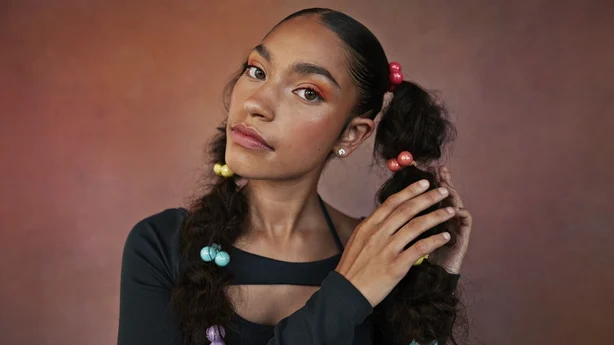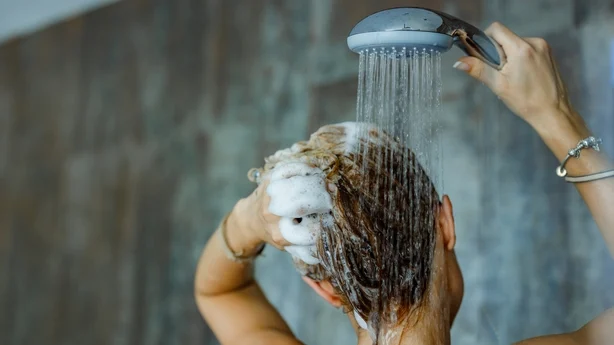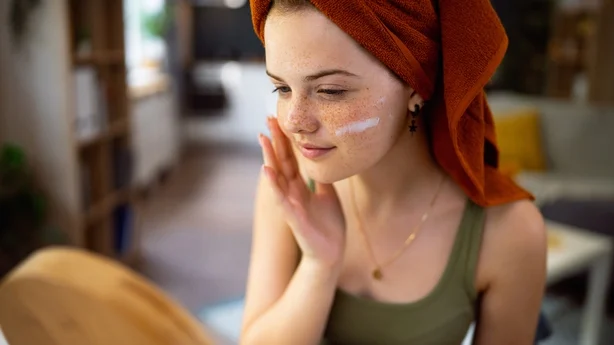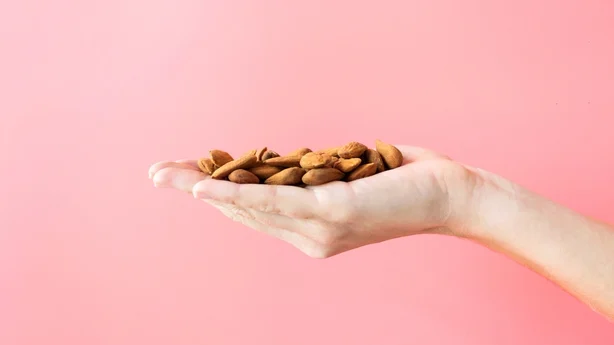The term "microbiome" is quite new to mainstream vocabulary. Thanks to the likes of Tim Spector and Chris Van Tulleken, it’s usually associated with our gut – but hair health experts are now declaring the importance of looking after your scalp’s microbiome.
"Your scalp microbiome refers to microorganisms, including bacteria, fungi, and yeasts, that live on your scalp," says Wes Sharpton, resident hairdresser at Hairstory. "These microbes play a crucial role in maintaining scalp health by keeping harmful pathogens in check, supporting the skin barrier, and influencing oil production. A balanced scalp microbiome is important for healthy hair growth."
When our scalp microbiome is disrupted, it can lead to various conditions that affect our hair, from its shine to its thickness and even its texture.
Here are five daily habits that might be causing your hair damage – and how to reverse it.
1. Slicked-back styles
The trending styles of the summer may look great, but you could unwittingly be inflicting detrimental damage. "Tight hairstyles such as high ponytails or a slicked-back bun can actually lead to a condition called traction alopecia," says Nicola Wilcox, brand executive at Capital Hair & Beauty. "This occurs when hair follicles are constantly being pulled, causing inflammation and resulting in hair loss.
"Over long periods of time this can cause receding hair lines, especially around the temples and forehead." This is something known as a cowlick, which can also arise from over-using extensions that tug on the hair follicle.
"You don’t need to completely cut out this ‘clean-girl style’," Wilcox reassures, "Instead, vary your hairstyles by regularly wearing it down or in plaits. Avoid using harsh products such as gels and hairspray to create a ‘slicked-back effect’ instead, opt for nourishing hair oils or leave-in conditioner."

2. Sleeping with wet hair
While letting our hair dry naturally is often preferable, sleeping with it wet can often do more harm than good. When our hair is wet, it’s in its most malleable and fragile state, so the friction caused by cotton pillowcases while we toss and turn throughout the night can case frizz and breakages.
If your tight morning time schedule doesn’t allow for hair washing, small changes can help reduce the damage on your scalp and hair. "Instead of cotton pillowcases that cause substantial friction, try those made of silk or satin," says Wilcox.
"These materials also don’t absorb moisture from your hair like cotton does, helping to maintain hydration. Alternatively, plaiting your hair into lose plaits before bedtime, can keep hair contained and minimise tangling, securing with a soft, silky scrunchie."

3. Over-washing
The age-old question: how often should you really wash your hair? Some say your scalp is an extension of your skin and you should wash it as frequently as your body – others say once a week is plenty.
When it comes to your hair’s microbiome, "Washing your hair too frequently can strip away the natural oils that protect your scalp’s microbiome, leaving it vulnerable to irritation and dryness," says Hairstory’s Alara Zeren.
Stripping away natural oils can disrupt the balance of beneficial microbes, which can lead to dryness and irritation. Instead of sticking to a regimented routine, take nature’s cues and only wash your hair when it appears visibly greasy. Some weeks this may be more often than others depending on your exercise, diet and the weather.

4. Towel-drying
Similarly to sleeping with wet hair, aggressive friction with vigorous towel-drying can cause irreversible damage by lifting the cuticles. "Wet hair is more elastic and fragile, so rough handling can stretch the hair shaft beyond its limits, causing breakage and hair loss," says Wilcox.
Alternatively, you should gently press the towel against your hair to absorb excess water, working in sections from root to tip. Wilcox advises you squeeze your hair as opposed to rubbing back and forth, and avoid twisting wet hair to reduce strain and breakage.
"Use a microfiber towel or an old T-shirt," recommends Wilcox. "These are gentler on the hair than standard cotton towels, as they are more absorbent and create less friction."

5. Your favourite snacks
The adage is true: your gut truly does affect everything. Fatty acids are essential for your hair and scalp microbiome. "Incorporate a variety of vitamins, minerals, and healthy fats to support overall scalp health," says Sharpton, "Foods rich in omega-3 fatty acids, antioxidants, and vitamins A and D are particularly beneficial."
Instead of begrudgingly swapping out your go-to sugary snacks, add these bits in for extra supplementary nutrients. "Foods such as salmon, tuna, flaxseed oil, walnuts and almonds will keep hair looking and feeling strong," says Wilcox, "As well as food, ensure you have eight 250ml glasses of water a day, to keep hair in a hydrated and healthy state."
Disclaimer: The copyright of this article belongs to the original author. Reposting this article is solely for the purpose of information dissemination and does not constitute any investment advice. If there is any infringement, please contact us immediately. We will make corrections or deletions as necessary. Thank you.






